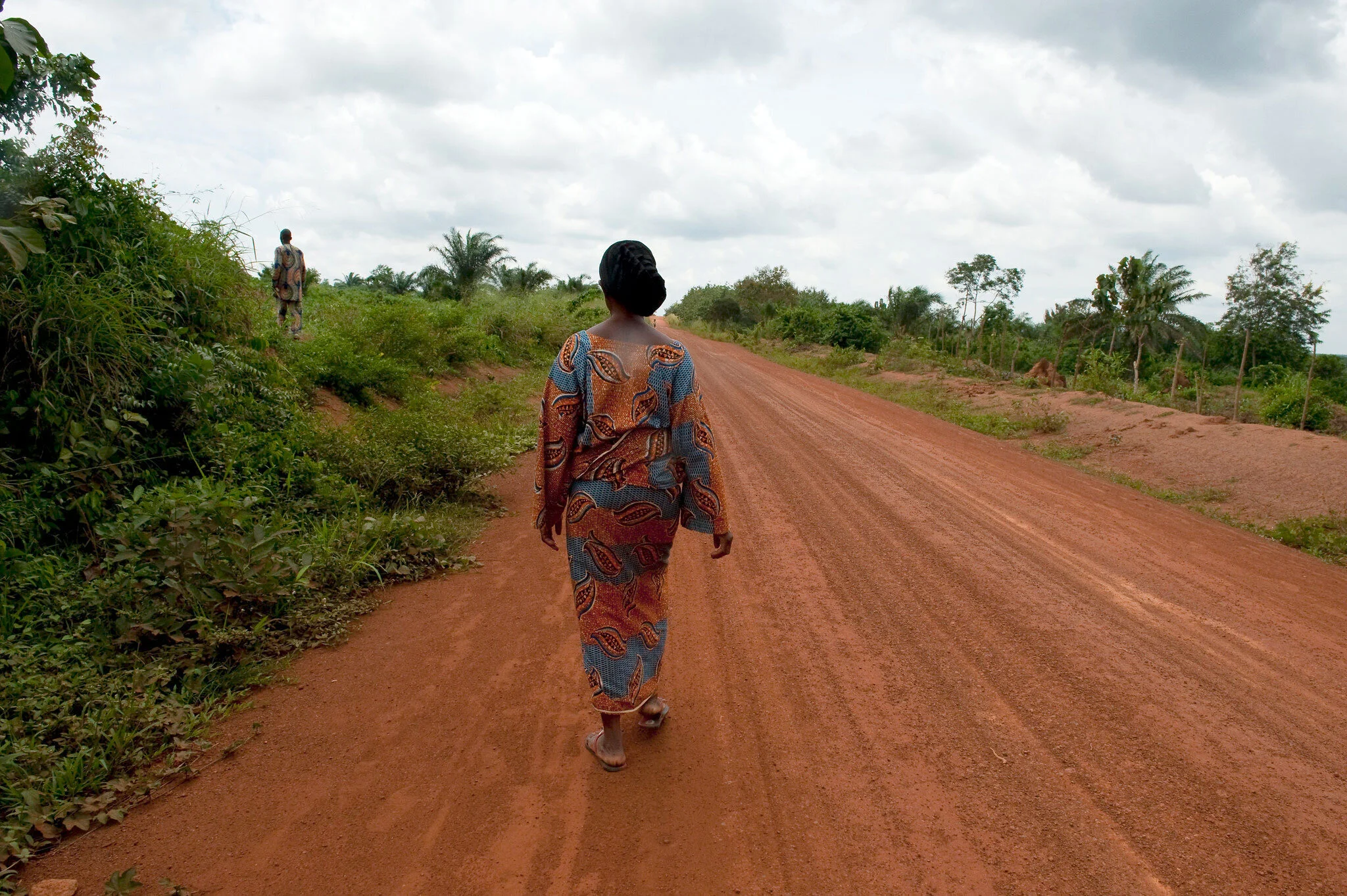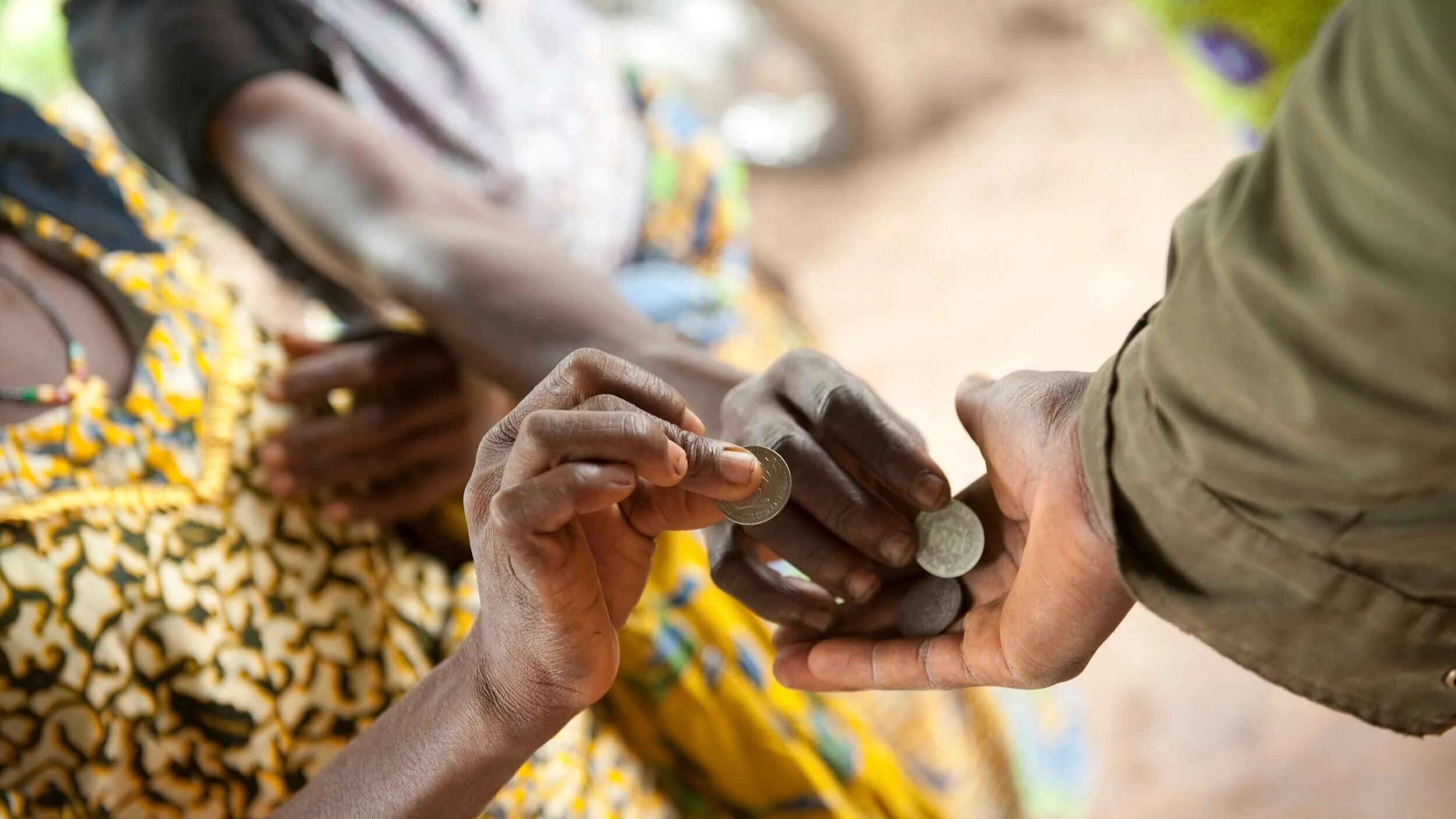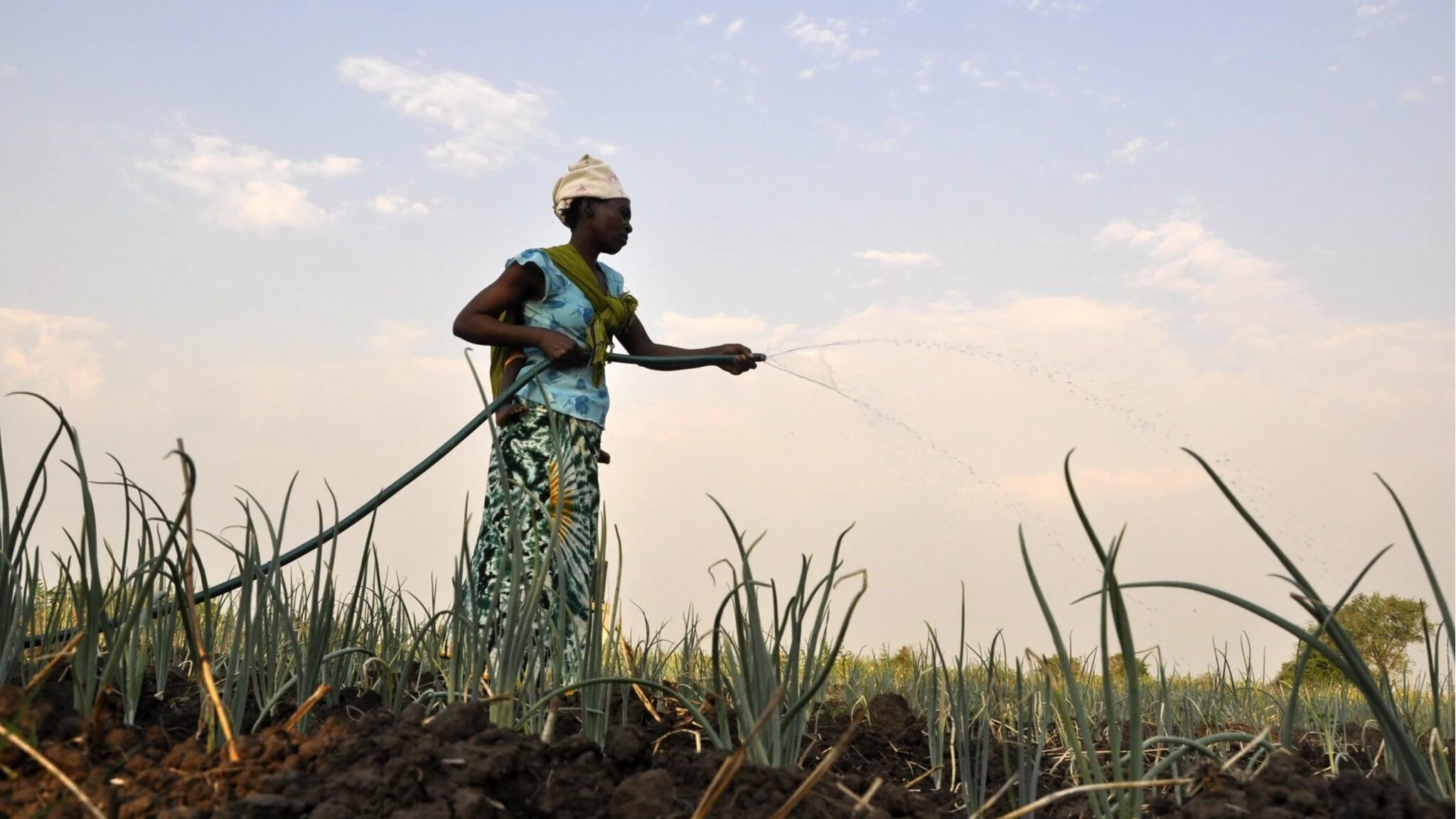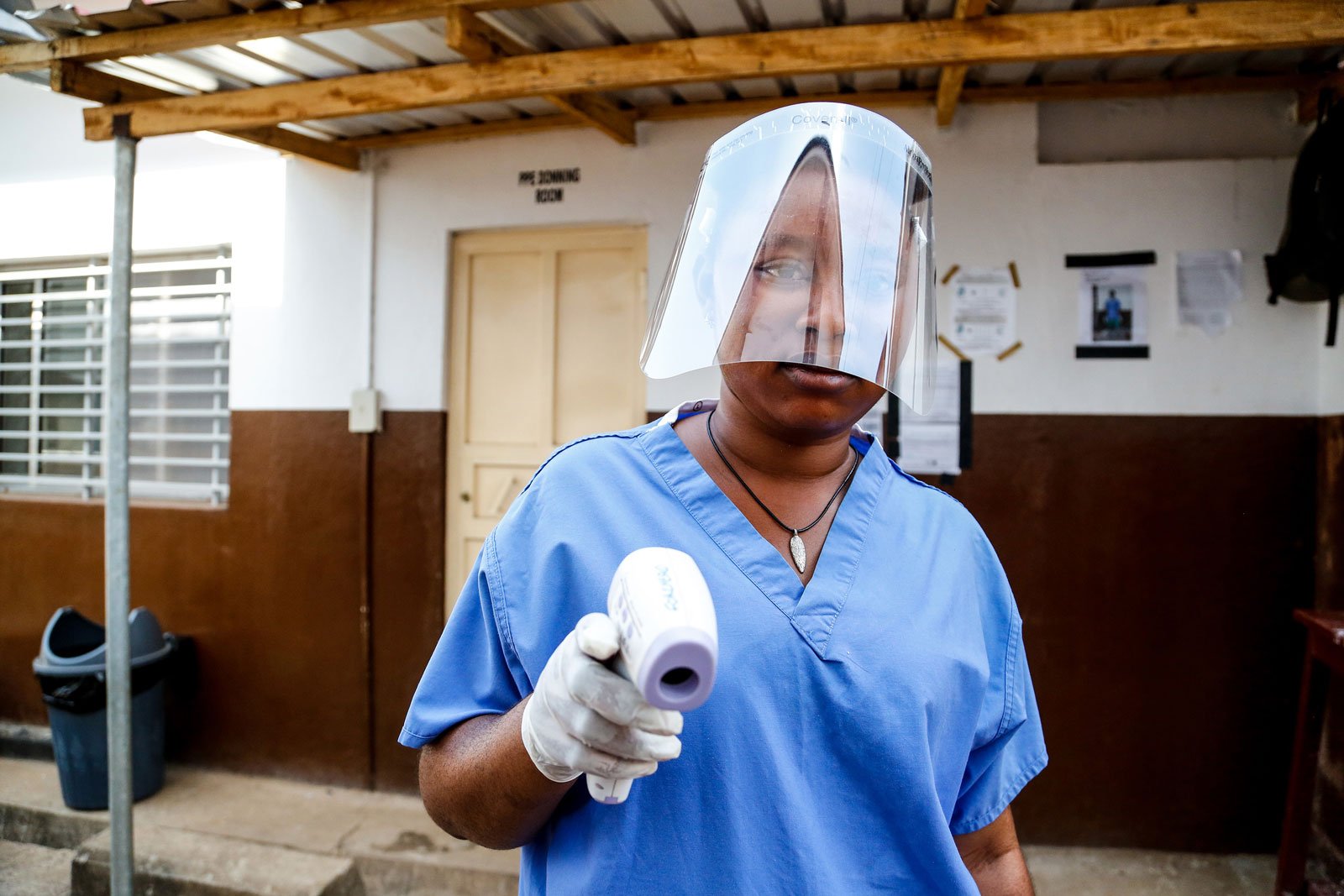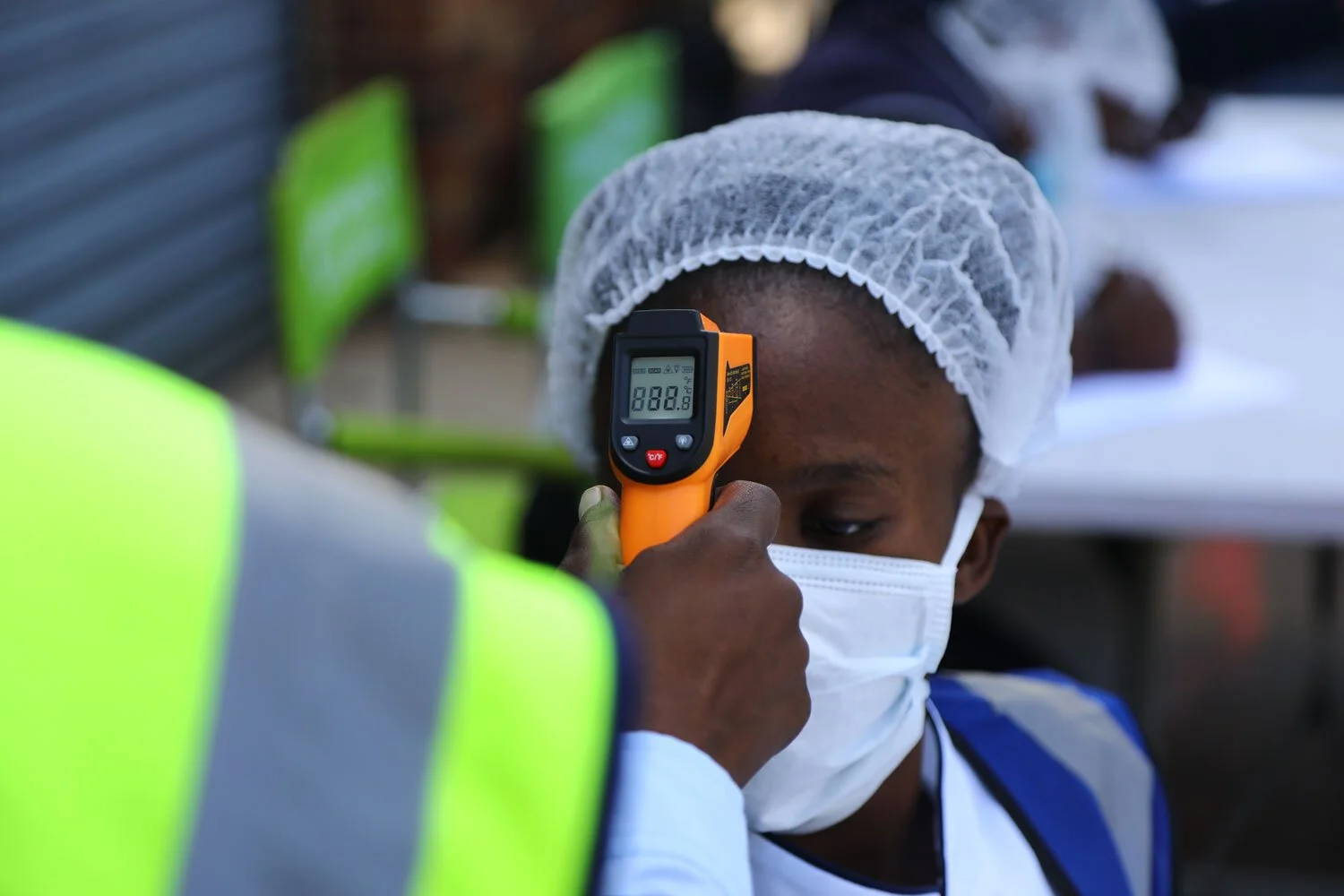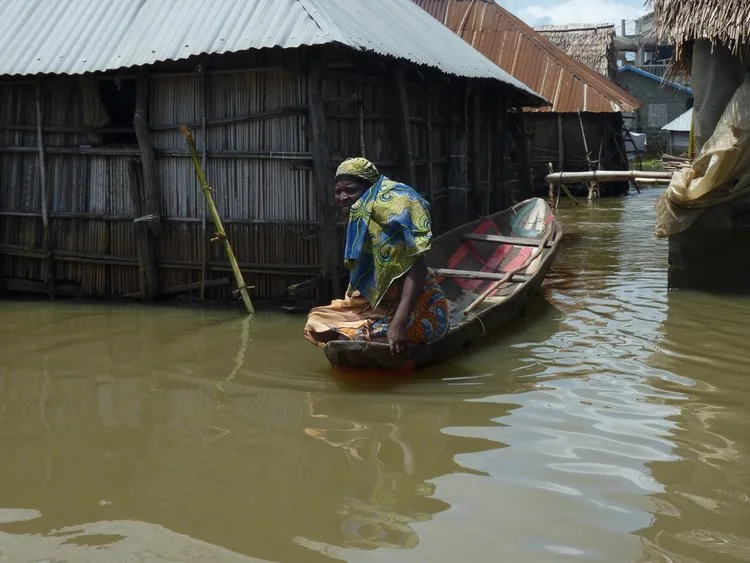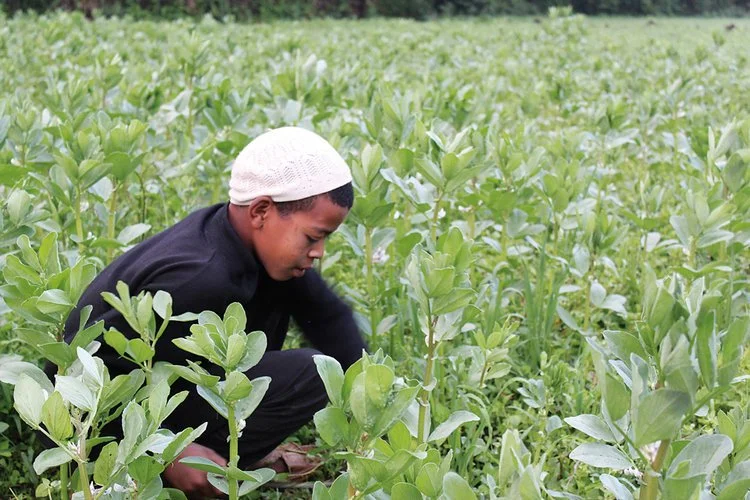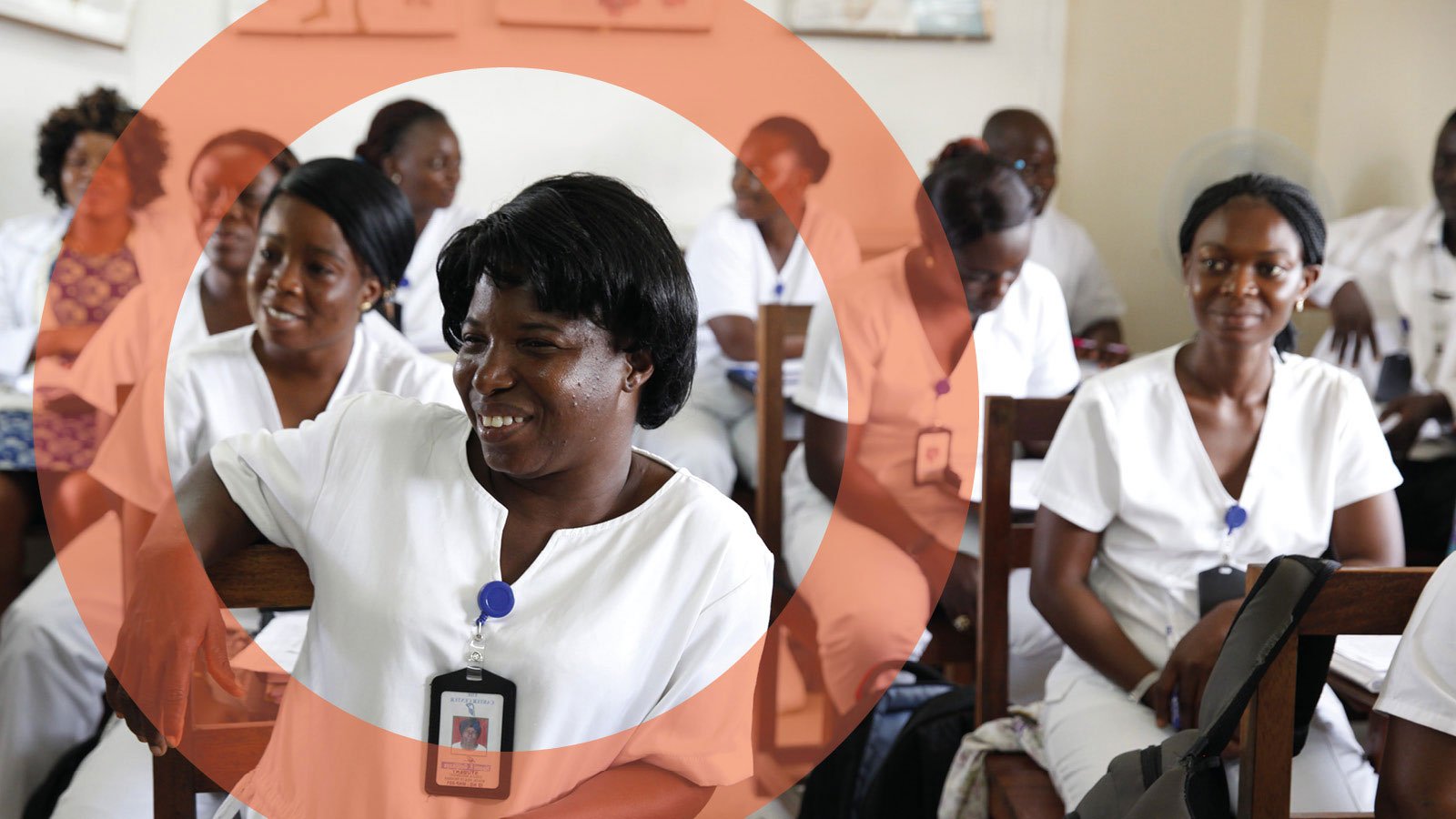
BLOGS
Dignity in the face of disaster
The Ganges-Brahmaputra-Meghna Delta of Bangladesh is on the frontline of the global climate crisis: these days, when the rains fall during the annual monsoon, it doesn’t just lead to occasional flooding; rather, up to a full quarter of the country – a landmass equal to the whole of Germany – can be submerged underwater. Millions of homes are damaged, livelihoods are destroyed, and, tragically, many people die.
Here’s what 2020 taught us about funding a crisis and how to do better in 2021
Zoë Scott, Head of Multilateral Programmes, Centre for Disaster Protection and Dirk-Jan Omtzigt, Chief Economist and Head, Humanitarian Financing Strategy and Analysis Unit, UN-OCHA
The start of a new year usually brings with it a sense of expectation, hope and resolve to make improvements. 2021 should be no different. There is much reason to believe that enormous global progress is possible this year, including through the G7 and COP26, to create a more equitable, sustainable future.
The opportunity cost of covid-19 emergency expenditure reallocation
Stephanie Allan, Dayna Connolly & Kiran Tariq
Over the course of the next year, Oxford Policy Management (OPM) will be working with the Centre for Disaster Protection to understand one of the most common forms of disaster response financing—expenditure reallocation. When disasters like covid-19 strike, cash-strapped governments are often forced to raid their existing budgets in order to finance emergency relief and recovery. Although expenditure reallocation is an important part of any government’s disaster response financing, there is very little data on its scale or cost.
Anticipatory action for monsoon flooding in Bangladesh
Emilie Gettliffe
Over the last year the United Nations Office for the Coordination of Humanitarian Affairs (OCHA) has been designing and delivering anticipatory action pilot projects in Somalia, Bangladesh, Ethiopia, and Malawi to demonstrate and build understanding of collective anticipatory humanitarian action at scale as an important complement to traditional funding and response mechanisms. These pilots emerged from the strategic direction set in 2018 by Mark Lowcock, Emergency Relief Coordinator (ERC), to take a more anticipatory approach to humanitarian response (Casement Lecture, March 2018).
What have we learned after six months of tracking covid-19 funding? We don’t just need more money, we need a different approach.
Ruth Hill, Dillan Patel and Michèle Plichta
Covid-19 has demonstrated, more than ever before, the weakness of our current begging bowl approach to funding disasters, where the money is found after disaster strikes and is given in a discretionary manner. Large amounts of money have been given at great speed, but it is not enough. And when everyone is in need at the same time, the lack of a plan results in an inequitable allocation of funds.
7 habits of highly effective DRF
Zoë Scott, Head of Multilateral Programmes and Ruth Hill, Chief Economist
At the Centre for Disaster Protection, we spend a lot of time considering what ‘good’ disaster risk financing (DRF) looks like in practice. Here we share our current working list, our ‘7 habits of highly effective DRF’. Some habits have been more neglected than others, and we are releasing guidance notes for the most overlooked, which aim to provide very practical guidance, tools and examples of how to build this habit into your DRF initiative.
‘We want a world where disasters are paid for with money not with lives’, says Daniel Clarke at Climate: Red
Daniel Clarke, Director of the Centre for Disaster Protection, joined Alexandra Rüth, Head of Anticipation Hub and Ben Webster, Head of Secretariat at Risk Informed-Early Action Partnership, in a ‘Call for Collaboration’ at the IFRC’s virtual global summit Climate:Red Headline Feature: Scaling-up Anticipatory Humanitarian Action – More. Better. Together.
Now is not the time for the World Bank to step back on pandemic financing
Daniel Clarke, Director, Centre for Disaster Protection
In the thick of the covid-19 crisis, surrounded by its devastating human and economic cost, we need to do more, not less, to better financially prepare for the next outbreak.
$48 billion international funding for covid-19 not going where poverty is sky-rocketing
International organisations have committed more than $48 billion in covid-19 funding, yet this money is not reaching the countries where poverty is increasing most, reveals a new study published today (26th June 2020) by the Centre for Disaster Protection.
Funding covid-19 response: Tracking global humanitarian and development flows to meet crisis needs
by Ruth Hill, Dillan Patel, Yi Yang, and Jon Gascoigne
Over the next few months, the Centre for Disaster Protection will be tracking humanitarian and development funding directed at helping low and middle-income countries manage the health and economic costs of covid-19. This is our first update on how much has been committed and disbursed and to whom. Future blogs will examine in many of these issues in more depth, such as the degree to which this is new money, and whether finances are being received in a timely manner. We will also highlight specific countries where needs appear to be great, but funding for response is low.
The future of pandemic financing: Trigger design and 2020 hindsight
by Conor Meenan, Lead Risk Finance Specialist, Centre for Disaster Protection
By 17 April, all seven of the World Bank’s Pandemic Emergency Financing Facility (PEF) payout conditions had been met, triggering the release of $195.84 million from its insurance window in response to the covid-19 pandemic.
The future of pandemic financing: Will the Pandemic Emergency Financing Facility create a global market?
by Daniel Clarke, Director, Centre for Disaster Protection and Joanne Meusz, Lead Risk Finance Specialist, Centre for Disaster Protection
Lawrence Summers, former World Bank Chief Economist, called the Pandemic Emergency Financing Facility (PEF) a symptom of “financial goofiness” within the World Bank. But was this criticism fair? Or, will history show that the PEF played an important part in creating a global market for pandemic instruments that protect the world’s poorest people?
The future of pandemic financing: What can we learn from the Pandemic Emergency Financing Facility?
by Zoë Scott, Head of Multilateral Programmes, Centre for Disaster Protection
There has been a lot of media interest and discussion online about the World Bank’s Pandemic Emergency Financing Facility (PEF) in light of covid-19. The PEF was launched in 2017 and was an ambitious innovation, intended to help deliver finance to the world’s poorest countries if faced with a pandemic. The insurance window has now triggered for covid-19, which is good news, although the timing is far from ideal given that we know early action is the most effective approach when responding to disasters (more on timeliness and triggers in a future blogpost).
At every stage, acting early pays
by Ruth Hill, Chief Economist, Centre for Disaster Protection
Covid-19 is the largest global shared experience of crisis since the Second World War. This shared experience is giving many of us a personal understanding of some fundamental truths about crises that we had hitherto, luckily, avoided. Perhaps most notably, we are learning the value of acting early to reduce impacts—and that the economic and social repercussions are large and will be long-lasting. As we replay the past few months in our heads it is hard to not think about the actions that could have been taken to limit the spread of the disease. The benefits of acting early—such as travel restrictions to contain the spread or investing in testing capacity—are painfully clear to us. This is something that we have seen play out across crises in the past. From pandemics to floods to drought, we often respond too late. But when we collectively get it right and respond early, we save lives and reduce the economic cost.
Covid-19 caught the world off guard - pandemics must never surprise us again
by Daniel Clarke, Director, Centre for Disaster Protection
Covid-19 caught the world off guard. Public health experts and commercial risk modellers knew that something like this was quite likely, and that the world was woefully underprepared. A long line of the great and the good, from Bill Gates to the World Health Organization, pleaded with the world to listen to the experts and invest in prevention and preparedness before it was too late, but the money didn’t come.
Q&A with Daniel Clarke, Director
The Centre for Disaster Protection has now appointed its full leadership team. You can find out more in a series of Q&As with each of them. Here Daniel Clarke, Director, talks about who has inspired him and what in DRF is exciting him currently.
Q&A with Sophie Evans, Associate Director - Advisory
The Centre for Disaster Protection has now appointed its full leadership team. You can find out more in a series of Q&As with each of them. Here Sophie Evans, Head of Country Programmes, explains what she’s excited to get working on and why the COP was her favourite conference of 2019.
International financial institutions need to do more to protect the poorest from disasters
Wars, bad weather and unstable geology threaten to return millions of people to poverty and remain a major obstacle to others making their first escape. From flood swept-Mozambique to drought-stricken Somalia to war-ravaged Yemen we witness the terrible human and economic costs of crises. The poorest people in the poorest countries bear the brunt. They are six times more likely than people in rich nations to be injured, lose their home, be displaced or require emergency assistance. Climate change threatens to make things worse, pushing a further 100 million people into extreme poverty by 2030.
Event: ‘Re-thinking disaster response’ at the World Bank Civil Society Policy Forum
Re-thinking disaster response: how the World Bank and CSOs can work better together via disaster and crisis risk financing.


